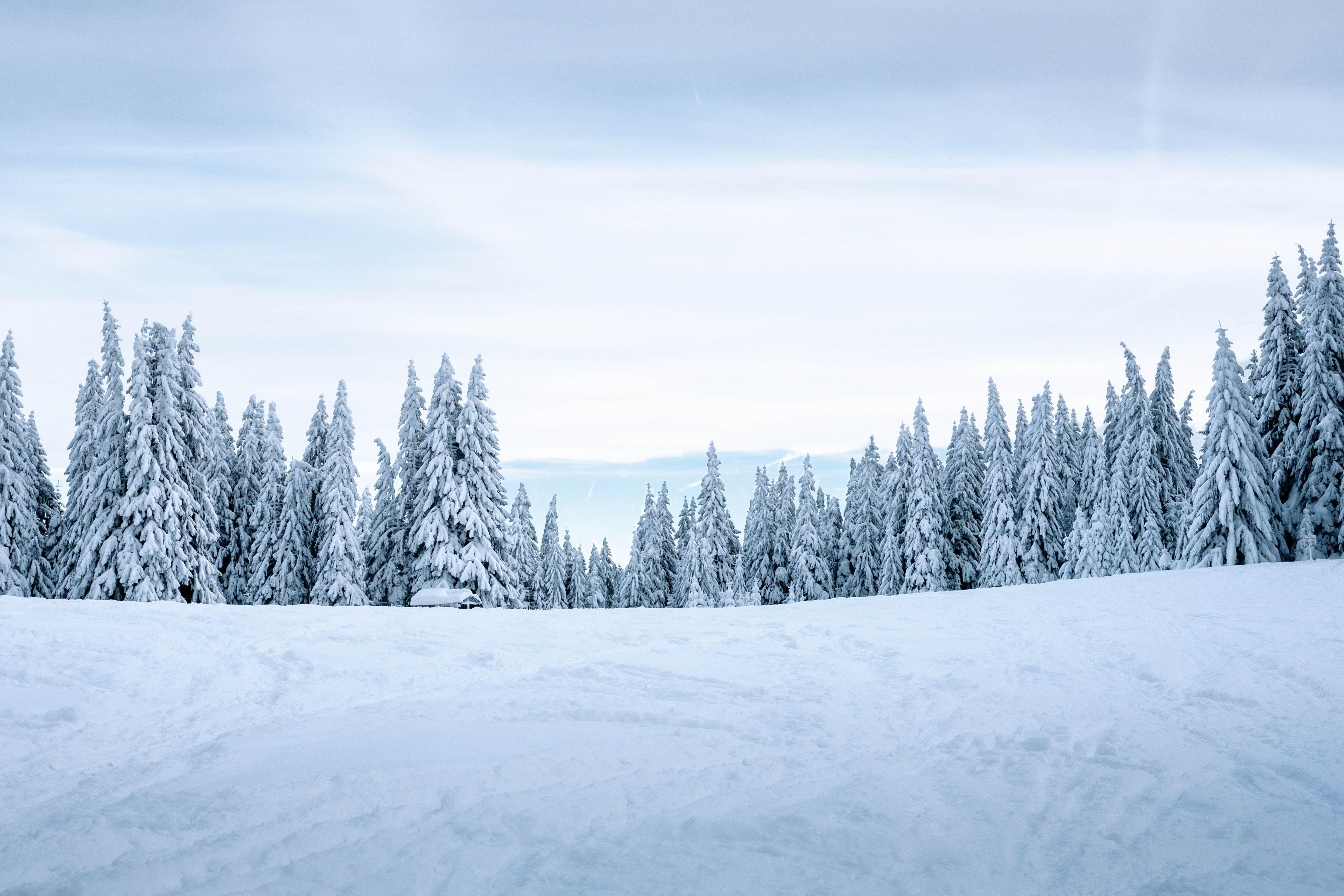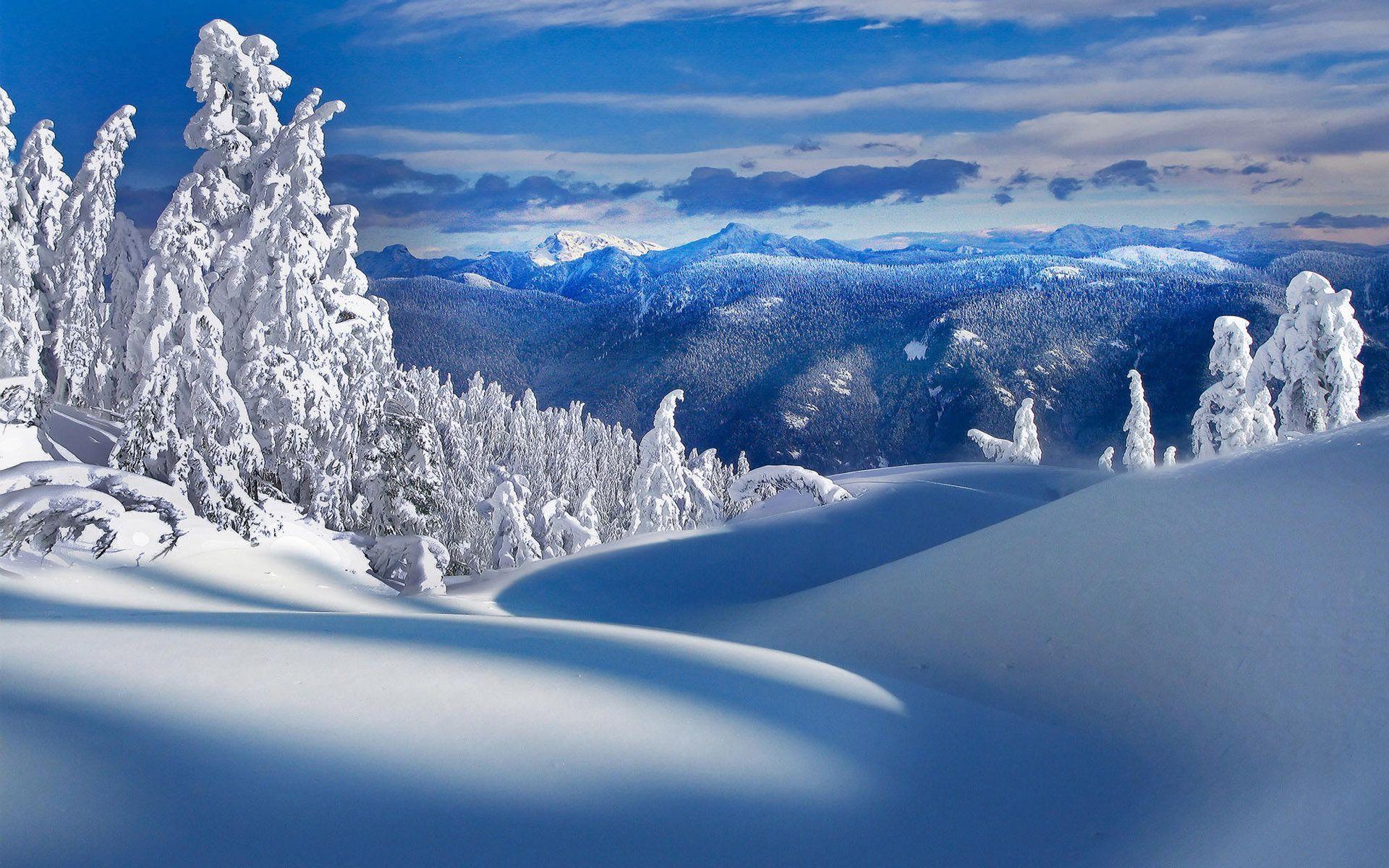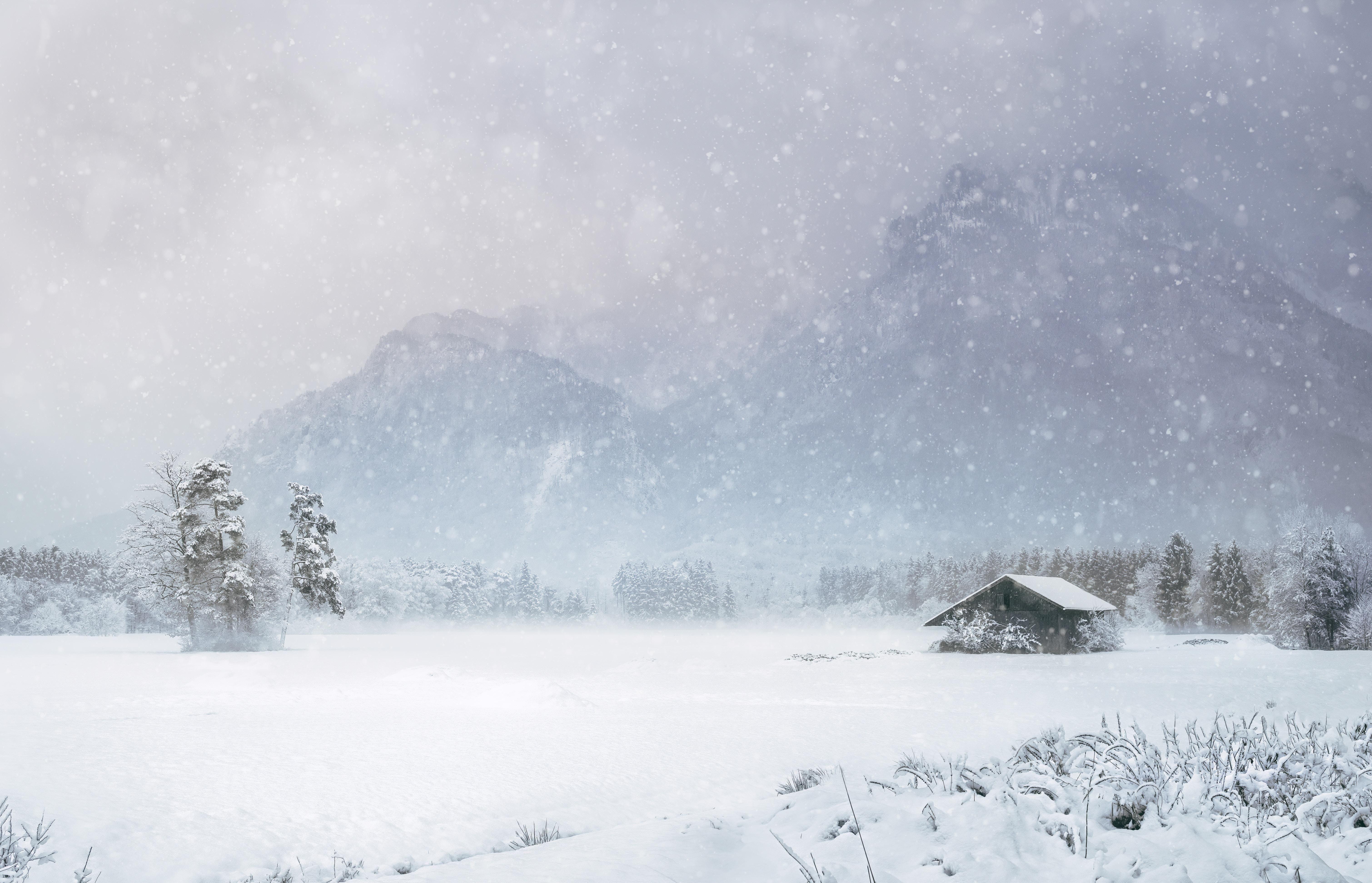Snow Bunny Origin: Tracing The Winter Term's History
Have you ever heard the phrase "snow bunny" and wondered where it truly came from? It's a term that, you know, often pops up in conversations about winter sports or, perhaps, even in music. This phrase, which can spark a bit of curiosity and sometimes, quite frankly, even a little confusion, has a rather interesting past. We're going to take a look at the journey of this particular expression, from its earliest known appearances to how it's used today. So, it's almost like peeling back the layers of a snowy landscape to find the roots of something quite familiar yet, in a way, still a bit mysterious.
The term "snow bunny" has, you see, quite a varied history, with some of its meanings changing over time. It's not just a simple label; it actually carries different connotations depending on when and where it's used. For instance, its beginnings are tied to the exciting world of winter sports, particularly skiing, which was, you know, really gaining popularity in the mid-20th century. This exploration will help us, perhaps, get a clearer picture of what people mean when they use this phrase and why it has stuck around for so long.
Understanding the origin of "snow bunny" helps us appreciate, more or less, the way language evolves and adapts to new cultural scenes. From the ski slopes to, quite literally, the pages of literature and, indeed, the verses of popular songs, this term has made its way into various parts of our collective speech. It's, you know, a pretty good example of how words can pick up new meanings and associations as society changes, reflecting different ideas about people and activities in snowy settings.
Table of Contents
- Early Beginnings in the 1950s
- The Meaning of "Bunny" on the Slopes
- Evolving Connotations and Cultural Spread
- Snow Bunny in Pop Culture
- Modern Usage and Perceptions
- Frequently Asked Questions
Early Beginnings in the 1950s
The story of the "snow bunny" term, you know, really starts to take shape back in the 1950s. This was a time when skiing, as a recreational activity, was, you know, becoming incredibly popular, attracting more and more people to the snowy mountainsides. It was during this period that the phrase began to be used as a slang term, often to describe someone new to the sport. Apparently, it was, in some respects, most often heard when talking about a woman who was just starting out on the ski slopes, a novice skier, if you will.
Some sources, quite clearly, suggest that this is precisely when the term first came into common use. The 1950s, you see, marked a significant shift in how people spent their leisure time, with outdoor activities like skiing becoming more accessible and fashionable. So, it's almost like the term grew right alongside the sport itself, describing the fresh faces, particularly women, who were just getting their ski legs under them. It's interesting to consider how language can, you know, develop to fit new social scenes and activities.
The idea of a "snow bunny" from this era often brought to mind a person who might be, well, a little bit clumsy or perhaps not very skilled on the skis. This early usage, therefore, really focused on the beginner aspect. The term was, perhaps, a gentle way to describe someone who was, you know, still learning the ropes in a snowy environment. It's fascinating how a word can, you know, capture a particular moment in time and the characteristics associated with it.
The Meaning of "Bunny" on the Slopes
When you break down the term "snow bunny," the "bunny" part, you know, carries a couple of interesting layers of meaning from the 1950s. One interpretation, which is pretty common, suggests that "bunny" here might imply a kind of floppy inexperience on the slopes. You can almost imagine, you know, a beginner skier, perhaps a little wobbly, moving with a sort of uncoordinated grace, much like a young rabbit might hop around. This visual, in a way, helps to explain the "novice" aspect of the term.
But there's, apparently, another side to the "bunny" part, too. In American slang of that era, the word "bunny" was, you see, quite commonly used to refer to a young, attractive woman. So, when combined with "snow," it created a phrase that could describe an inexperienced female skier who was also, perhaps, considered appealing. This combination, therefore, really gives the term its dual nature, blending both skill level and, you know, a certain physical characteristic. It's a pretty nuanced way to describe someone.
The term "snow bunny" thus originated, as a matter of fact, by combining the context of the ski slope with the existing slang for an attractive woman. This blending of ideas is, you know, a common way for new phrases to form in language. It shows how words can be, well, repurposed and combined to create something new that captures a specific cultural idea. The connection to "young, attractive women who spent time at ski resorts" is, you know, a pretty strong thread in its early days.
Evolving Connotations and Cultural Spread
Over time, the phrase "snow bunny" didn't just stay put with its original meaning; it, you know, began to evolve and spread into different areas of culture. While its roots are firmly in the 1950s, describing a novice female skier, the term's journey didn't stop there. It started to pick up, you see, new connotations and find its way into various forms of expression, which is, in some respects, quite typical for slang terms as they gain wider recognition. This evolution shows how dynamic language truly is.
The phrase, for example, has been featured in literature and plays, which is, you know, a pretty clear sign of its growing presence in the wider cultural conversation. When a slang term makes it into more formal or artistic works, it suggests that it has, perhaps, become quite recognizable and carries a certain resonance with audiences. This kind of spread helps to solidify a term's place in the collective vocabulary, making it, you know, more than just a passing fad. It really gains some staying power.
Furthermore, the term "snow bunny" also began to appear in song lyrics, particularly by rappers like Gunna, YG, Future, and Juicy J, among others. This move into popular music, you know, indicates a significant shift in its usage and perception. Music, you see, often reflects and influences popular language, so its inclusion in these songs suggests that the term had, perhaps, become part of a broader, more contemporary slang vocabulary. It's, you know, a powerful way for words to reach new audiences and take on fresh meanings.
Snow Bunny in Pop Culture
The appearance of "snow bunny" in song lyrics, particularly within the rap genre, really highlights its journey into broader pop culture. When artists like Gunna and Future use a term, it's, you know, often because it resonates with their audience and fits into current conversational trends. This kind of usage can, perhaps, give the term a new life and, indeed, sometimes even alter its meaning slightly, depending on the context of the song. It's a pretty strong indicator of a term's cultural relevance.
The term's presence in music also means that it reaches a much wider and, you know, often younger audience than it might have if it stayed confined to discussions about skiing. This exposure helps to keep the term fresh and, in a way, ensures its continued presence in modern slang. It's almost like a word gets a new lease on life when it's picked up by popular artists, giving it, you see, a renewed sense of cool or relevance. This is, you know, a very common path for many slang words.
Beyond music, the phrase has also, you know, found its way into various online spaces, including platforms where slang vibes and meme magic happen. This digital presence means that the term can be shared, adapted, and reinterpreted in countless ways, further cementing its place in contemporary culture. It's, you know, pretty clear that the term has evolved significantly from its initial, somewhat innocent, origins on the ski slopes, becoming something that can be, perhaps, quite multifaceted in its usage.
Modern Usage and Perceptions
Today, the phrase "snow bunny" often sparks, you know, a range of reactions, from simple curiosity to, at times, even a bit of offense. This is because, as a matter of fact, the term has taken on additional meanings that go beyond its original connection to novice skiers. It's important to understand these different layers to grasp what "snow bunny" means, exactly, in current conversations. The phrase is, you know, not always as straightforward as it might seem on the surface.
In contemporary slang, "snowbunny" is, you see, often used to describe a white woman who is in a romantic relationship with a Black man. In some cases, it can also refer to someone who simply enjoys the company of people of a different racial background. This particular usage, which apparently gained traction later than the original skiing context, adds a whole new dimension to the term. It's, you know, a pretty significant shift from its initial meaning, highlighting how words can pick up entirely new social connotations.
While the exact origins of this specific racial connotation are not entirely clear, it's, you know, a usage that has become quite prevalent in certain circles. This means that when someone uses the term "snow bunny" today, the listener might interpret it through this lens, rather than the original skiing context. It's, you know, a good reminder that language is always changing, and the meaning of words can be, perhaps, quite fluid, depending on who is using them and in what situation. The term has, you see, become a symbol of winter culture, but its meaning has, in a way, expanded significantly.
Despite these evolving and sometimes sensitive meanings, the term "snow bunny" is, you know, still often used in a playful or affectionate way when referring to a girl or woman who spends a lot of time skiing or simply enjoys snowy activities. It's almost like the original, lighter meaning still holds a place, especially among those who are, perhaps, familiar with winter sports culture. For example, if you're checking out the latest daily ski report, or perhaps looking at the snowfall history for a place like Reston, VA, you might still hear the term in a more traditional sense. The 24/25 snowfall, which is, you know, 34% higher than the historical average this far into the winter, certainly provides plenty of snowy landscapes for "snow bunnies" to enjoy.
The phrase "snow bunny" has, you see, truly evolved from its simple beginnings as a term for an inexperienced skier. Its journey through literature, music, and online spaces shows how a word can transform, picking up new meanings and becoming a part of different cultural conversations. Whether it's used to describe someone new to the slopes, an attractive woman, or someone in a specific type of relationship, the term continues to spark curiosity. It's, you know, a pretty good example of how language, like snow itself, accumulates and changes over time, shaping our understanding of the world around us. To learn more about the fascinating world of etymology and how words get their start, you could, perhaps, visit a reputable dictionary site, like Merriam-Webster's etymology section.
Frequently Asked Questions
What is the earliest known origin of the term "snow bunny"?
The term "snow bunny," you know, is widely believed to have originated in the 1950s. It first appeared as a slang term, used to describe a novice skier, and was, you see, particularly applied to women who were just starting out on the slopes. This period, as a matter of fact, saw a big surge in skiing's popularity, which, perhaps, led to the creation of new words to describe the people involved. It's pretty interesting how language develops alongside new activities.
How did the meaning of "snow bunny" evolve over time?
Initially, "snow bunny" referred to an inexperienced female skier, with "bunny" implying both, you know, a sort of floppy inexperience and also being a slang term for a young, attractive woman. Over the years, however, the term has, you see, taken on additional connotations. For instance, in more recent slang, it can describe a white woman in a romantic relationship with a Black man, or, in some cases, someone who enjoys the company of people from different backgrounds. It's, you know, a pretty clear example of how words can gain new meanings.
Is "snow bunny" considered an offensive term today?
The perception of "snow bunny" can, you know, vary quite a bit. While it's sometimes used in a playful or affectionate way, especially in its original context related to winter sports, its newer meanings can, perhaps, be seen as offensive by some. This is because, you see, the term has taken on racial connotations that might be considered problematic. So, it's almost like the term has different layers, and its reception really depends on the context and who is using or hearing it. You can learn more about slang terms and their evolution on our site, and also explore the nuances of winter culture and its language.

Winter Snow Landscape Wallpapers - Top Free Winter Snow Landscape

Wallpapers Snow - Wallpaper Cave

Winter Snow Storm Wallpapers - Top Free Winter Snow Storm Backgrounds